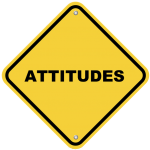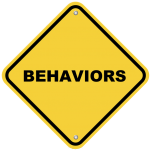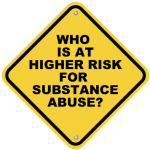Every teen has ups and downs, but if you’re noticing changes in behaviors or mood that seem out of the ordinary, it could be time to take a closer look. Trust your instincts; you know your child best.
From changes in sleep and friend groups to slipping grades or secrecy, there are clues that may suggest your teen is using or struggling with substances.
There are confidential, online screening tools available to help parents assess concerns about substance use.
Two examples include the Substance Use Risk Assessment and Screen4Success. These tools are designed for parents and caregivers to use privately at home and provide connections to local resources based on the responses.
If there are any concerns about a child’s or young adult’s substance use, we encourage parents and caregivers to have open conversations with their child’s healthcare provider and trusted support systems. Early communication and intervention can make a meaningful difference.




Note: The presence of any one of these signs does not necessarily indicate a problem with alcohol or other drugs, but if several signs are present, it suggests that a problem may be occurring that warrants further attention.

While no student is immune to the dangers of alcohol and other drugs, certain students carry greater risks of substance abuse. This includes: students who are children of substance abusing parents (statistically one of every five students); students who started their alcohol/drug use at an 15 or earlier; students experiencing transitions such as starting a new school or relocation to a new community; students with drug using peers; students who are not bonded to school; and students who have difficulty regulating their emotions and controlling their behavior.